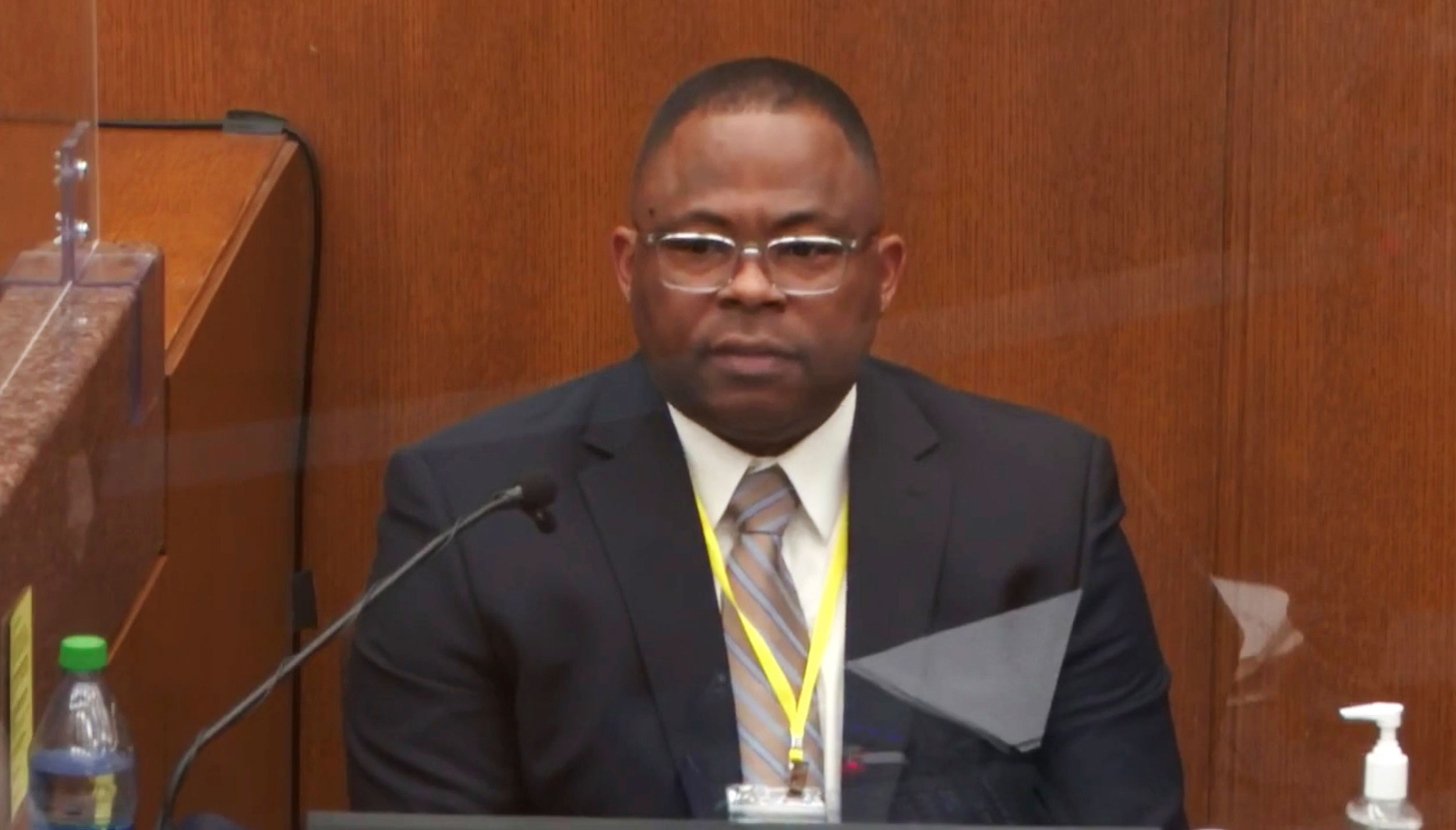The jury in Derek Chauvin's trial has heard from multiple witnesses so far, and they've been shown bystander and police footage of George Floyd's final moments.
If convicted, Chauvin could face up to 40 years in prison for second-degree murder, up to 25 years for third-degree murder, and up to 10 years for second-degree manslaughter. The charges are to be considered separate, so Chauvin could be convicted of all, some or none of them.
While the jurors are unnamed and unseen on camera, we do know basic details about them.
Here's what we know about the jury:
- Five men and nine women were chosen to serve on the jury during the trial in Minneapolis.
- Of the 14 jurors, eight are White, four are Black and two are mixed race, according to how the court says the jurors identified themselves.
- The jury selection process began March 9 at the Hennepin County Government Center and wrapped up exactly two weeks later.
- The panel is made up of 12 jurors and two alternates, Judge Peter Cahill said.
- The jurors all come from Hennepin County, which is demographically about 74% White and 14% Black, according to census data.
- The prospective jurors previously completed a 16-page questionnaire that asked for their personal thoughts on Black Lives Matter, policing and other topics.
- In court, each person was sworn in and then questioned one-by-one in a process known as voir dire. The juror's name, address and other information are kept anonymous.
- Eric Nelson questioned the prospective jurors for the defense, while Steve Schleicher questioned them for the prosecution.
Read more about about the jury here.
